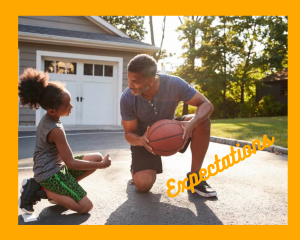From Feeling Alone to Connected
Chantal THP Blog Cover feeling alone Chantal THP Blog Cover  From Feeling Alone to Connected: Finding Your Way out of Loneliness
From Feeling Alone to Connected: Finding Your Way out of Loneliness
Sam scrolled through her phone for the twelfth time that night. She was watching her friends’ group chat light up with plans she wasn’t invited to. Maybe they don’t actually like me, she thought, her chest tightening. Lately, she’d felt invisible, surrounded by people all the time in the hallways at school and online in chats- but it was like no one really saw her or cared if she was there. She wanted to reach out, but the fear of being rejected or bothering people kept her silent.
Feeling lonely can be overwhelming. No matter how lonely you feel, please know you’re not alone in this. So many teen girls experience the same thing—wanting deeper friendships but not knowing how to find them. Sometimes, the right people are closer than you think; it just takes the right space to learn how to connect. That’s why THP (The Happiness Path) was created—to bring girls together in a safe, supportive group where real friendships form and teens can start to feel confident to make new friends. After THP, teens can go from feeling alone to connected.
>>> FREE DOWNLOAD: Mental Health Handbook for Teen Girls <<<
In THP, girls like Sam learn how to build confidence in social situations, recognize their worth, and surround themselves with people who truly care. If you’ve ever felt like you don’t belong, THP can help you find the connections and confidence you’ve been looking for. You don’t have to do this alone—your people are out there, and this is your chance to find them.
With gratitude,
Chantal Côté
Registered Psychologist & Teen Life Coach
Founder of Pyramid Psychology and The Happiness Path




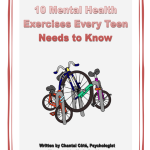







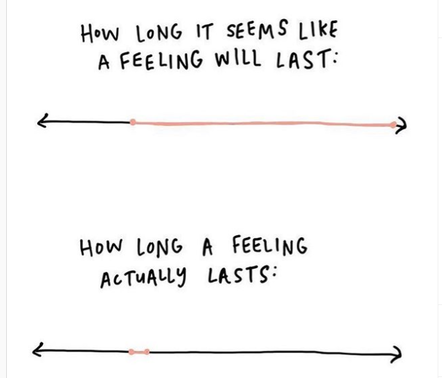


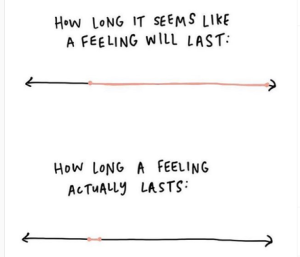


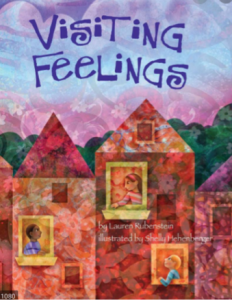




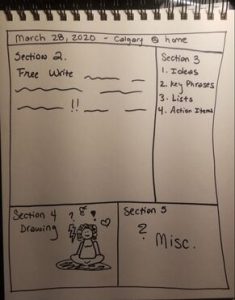





 Jessa is a counsellor that has recently completed her master of counselling degree through Athabasca University.
Jessa is a counsellor that has recently completed her master of counselling degree through Athabasca University.























